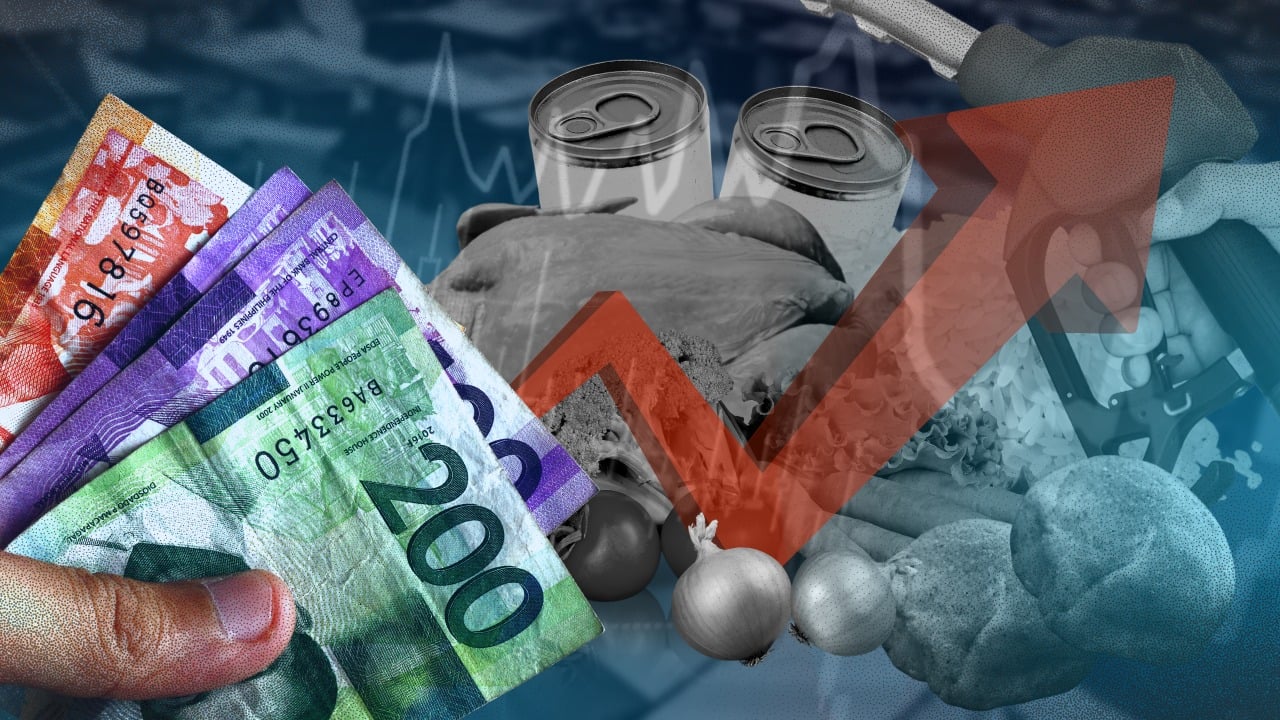Marcos happy with GDP growth, but loses sleep over inflation

INQUIRER.net FILE PHOTO
President Ferdinand “Bongbong” Marcos Jr. on Friday said he was happy that the country’s economic production “exceeded all expectations” after the gross domestic product (GDP) grew at its fastest rate since 1976, but admitted that he has been losing sleep over the fast rise in prices.
The economy is “headed in the right direction,” the President said in a video message on Friday, a day after the Philippine Statistics Authority reported a surprising 7.6-percent GDP growth in 2022.
The GDP measures an economy’s total production of goods and services in any given period, excluding revenues from overseas. The country’s GDP now stands at P22.02 trillion, surpassing the all-time high of P19.41 trillion in 2021.
The GDP growth rate, on the other hand, was fastest in 1976 (8.8 percent) after the government spurred an infrastructure construction boom ahead of the annual meetings of the International Monetary Fund-World Bank, which were held in Manila in October of that year.
But Marcos admitted that inflation remains a problem and “certain sectors of society and of the economy have yet to enjoy the benefits of that growth.”
Article continues after this advertisementInflation refers to the increase in the prices of goods and services in an economy and, in the Philippines, it reached a full-year average of 5.8 percent. In December, monthly inflation reached 8.1 percent, the fastest in 14 years.
Article continues after this advertisement“And that’s why inflation is something that we are attending to,” Marcos said. “We still have some interventions that we will have to apply.”
The President was apparently referring to the decision of the Bangko Sentral ng Pilipinas (BSP) to raise its overnight reverse repo rate—the country benchmark interest rate—to 5.5 percent, the highest since 2009.
New taxes eyed
The BSP announced earlier this month that it may raise interest rates again in its first meeting in 2023, in a bid to slow down inflation to 2 percent to 4 percent this year.
In an interview with reporters on Monday, the President said he has been “losing sleep” over inflation, but he was resolved to maintain the growth.
“That is why it has become so important for us to go out and to attract investment into the Philippines because that is the only way for economic activity to increase and therefore to grow the economy,” he said.
Aside from interest rate increases, however, the Marcos administration is also eyeing new and higher taxes that may dampen business expansion and consumer spending.
Still, senators said the country’s economic growth should be felt by ordinary Filipinos.
“For this [GDP] growth to be a genuine triumph, it has to be felt in the lives of every Filipino, especially in terms of day-to-day expenses,” Senate President Juan Miguel Zubiri said in a statement on Friday. “We must work on cascading this GDP growth to the masses,” he said.
Sen. Sherwin Gatchalian echoed Zubiri’s view, adding that the economic growth should result in better revenue collection to allow the government to bankroll much-needed programs.
“One relevant challenge we still need to hurdle is how we can bring down the inflation rate, particularly food prices,” he said.